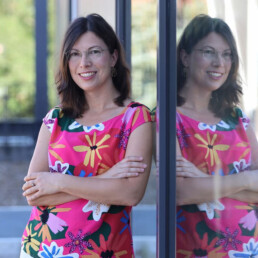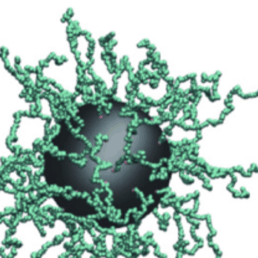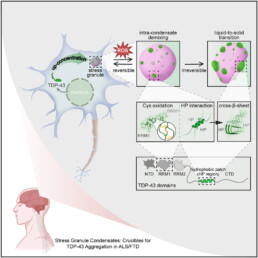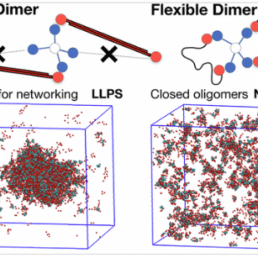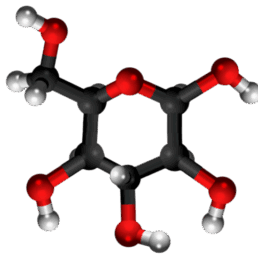New Research Training Group for Biomolecular Condensates in Dresden
The DFG approved a funding application to establish a new Research Training Group (RTG 3120) in Dresden to train PhD students interdisciplinary methods and approaches to study Biomolecular Condensates. Read the press releases for more:
- https://tu-dresden.de/tu-dresden/newsportal/news/dfg-foerdert-neues-graduiertenkolleg-zur-erforschung-biomolekularer-kondensate-in-dresden
- https://www.mpi-cbg.de/news-outreach/news-media/article/new-research-training-group-for-biomolecular-condensates-in-dresden
9. July 2025


